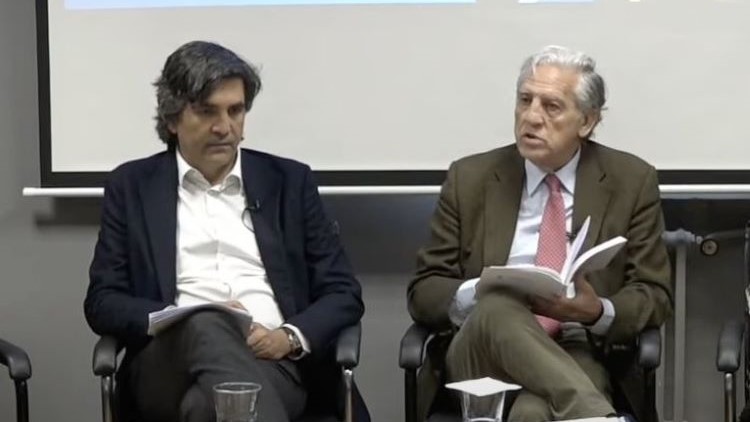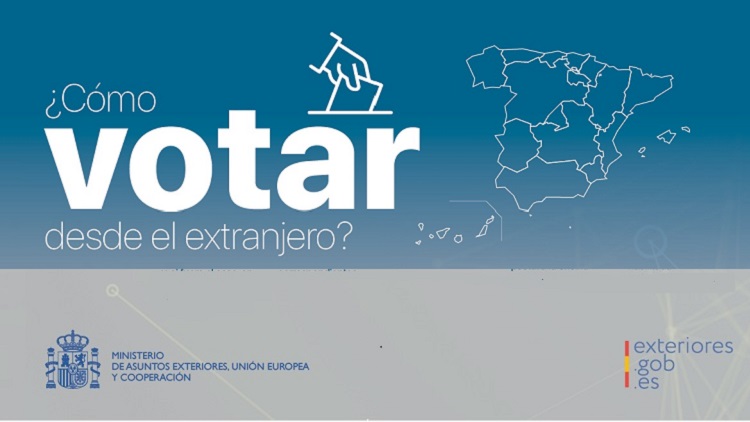The Diplomat
The State Secretary for Economy and Business Support, Gonzalo García, has assured that Spain is going to “lead the negotiations” on the new European fiscal rules during the Spanish Presidency of the EU Council, because it is “absolutely crucial to have a new fiscal framework” in 2024 to face the economic uncertainty derived from the war in Ukraine and energy prices.
García made these statements last Tuesday during his intervention in the debate entitled The fiscal rules of the European Union, organized by the Alternativas Foundation to analyze the relaxation of fiscal rules, in particular the maximum deficit and state debt figures, raised by the European Commission after the COVID-19 pandemic and in the face of the war in Ukraine.
According to Alternativas, Brussels’ objective is not to change the Treaties, but to adjust the spending restraint requirements to each country’s situation, which would imply an individualized fiscal adjustment. In the absence of unanimity within ECOFIN, the objective is to reach an agreement on the spending capacity of the States during the Spanish Presidency of the Council of the European Union, in the second half of this year 2023.
According to Gonzalo García, the economic consequences of the pandemic and the war in Ukraine have generated a “large increase in energy prices and a deterioration of the real terms of trade, such as we have not seen since the seventies”, so that Europe has been forced to face a “very complicated exogenous environment”. Despite this, he continued, the European economy has “recovered” and the response has been “very different” to the financial crisis of 2008, which generated much “unnecessary suffering”, thanks to a fiscal and economic policy response that was “more intelligent, more effective and in line with needs”.
In these circumstances, according to García, Europe has new needs ahead, such as sustaining a “boost in public and private investment” to accelerate the ecological and digital transformation of the economy and trying to control “higher” levels of public debt because “fiscal policy has been used to cushion the consequences of such a catastrophic situation as the pandemic and, later, the impact of the war”.
For all these reasons, he continued, a reform of the fiscal rules “imbued with a new philosophy” is necessary in order to achieve a reduction of the deficit and public debt that is “compatible” with investment and growth. This is a “delicate” issue at European level and, for many countries, also at “internal level”, and, therefore, it is “necessary” that the European Commission “approves its proposal and initiates the legislative procedure”, he warned.
In this sense, he assured, Spain is going to “lead the negotiations” to reach an agreement on fiscal rules “during our Presidency in the second half of this year”, because it is “absolutely crucial to have a new fiscal framework for next year” within the EU, despite the uncertain economic environment derived from the war in Ukraine and energy prices still at “abnormally high” levels. “Europe must consolidate its recovery and the structural reforms and transformation that the EU economy is undergoing,” he added.
The debate was moderated by Diego López Garrido, executive vice-president of the Alternativas Foundation, and also included the participation of Cristina Herrero, president of the Independent Authority for Fiscal Responsibility (AIReF); César Cantalapiedra, managing partner of AFI; and Roberta Poza, partner in charge of the International Taxation area of PwC Spain.







